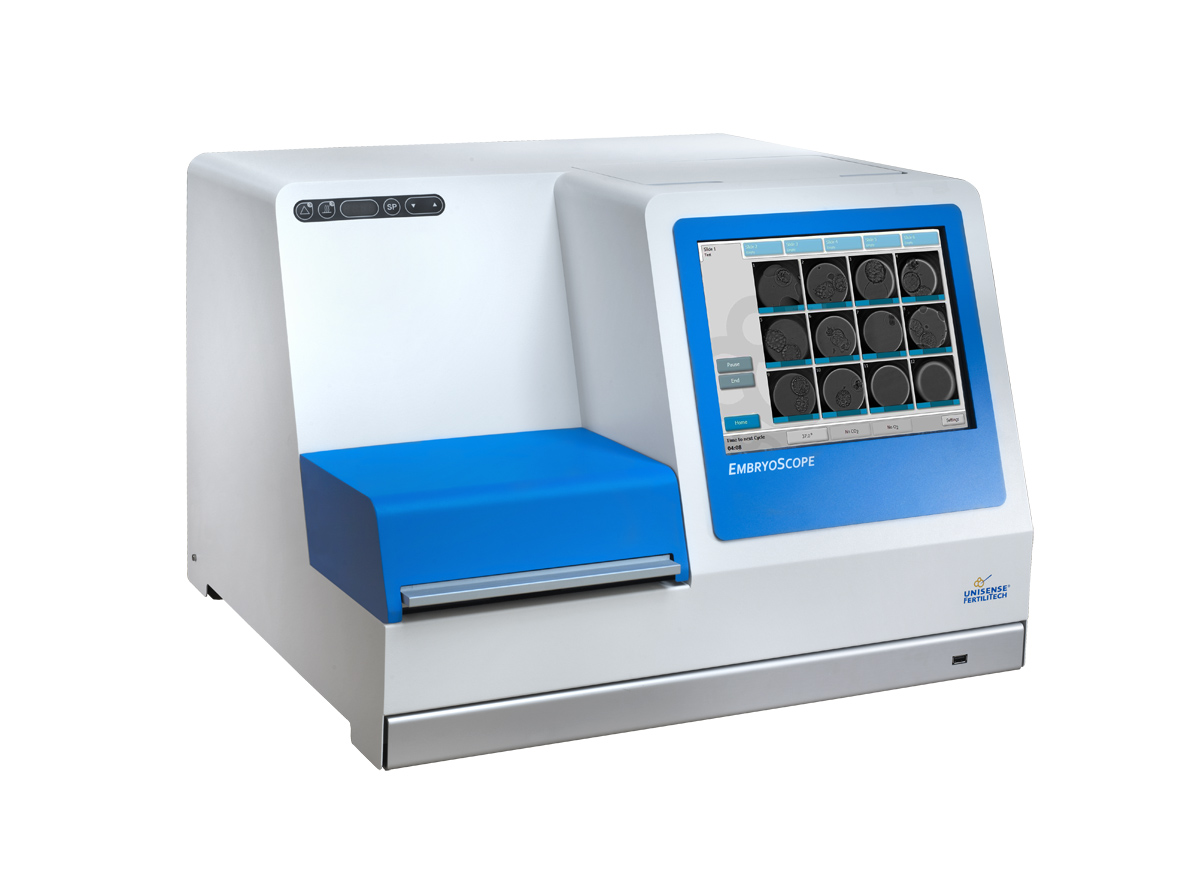
 The EmbryoScope- a new technology in the field of In Vitro Fertilisation (IVF) has been recently launched in India. A new fertility technique that has increased success rates by 17 per cent allows parents to watch their baby from the moment of conception. This latest technology promises to change the way embryos are grown and selected in a lab.
The EmbryoScope- a new technology in the field of In Vitro Fertilisation (IVF) has been recently launched in India. A new fertility technique that has increased success rates by 17 per cent allows parents to watch their baby from the moment of conception. This latest technology promises to change the way embryos are grown and selected in a lab.
This comes as a boon for childless couples who have been trying hard for a baby through IVF methods. The EmbryoScope is an advanced incubator which allows the embryo to be observed minute by minute from the point when in vitro fertilisation takes place to the moment when it is transferred into the uterus. This brand new technique, based on the conventional incubators used in clinical embryology laboratories, includes an image capture system which allows an enormous amount of specific and objective information to be obtained for every embryo, which until now could not be recorded. This allows the doctors to find out new information about the embryos in a non-invasive way, as it avoids the need for taking the embryo out of the incubator to assess its development, improving the selection criteria and, as a result, pregnancy rates.

Dr. Neils Ramsing, CSO of M/s Unisense Fertilitech a/s, Denmark the company which produces EmbryoScope has co-developed this technology over a period of seven years. Dr. Ramsing along with a renowned scientist Dr. Marcos Meseguer (from IVI Clinic, Spain) who has published data for more than 12,000 IVF cycles using the EmbryoScope, visited Chennai and Bangalore recently and elaborated on the benefits of using this technique.
Promising a success rate of more than 17 percent, the EmbryoScope is a blessing in disguise for people marred by the handicap of infertility. It is a time-lapse system which improves IVF treatments & offers undisturbed culture in a stable environment. This improves the efficiency of the incubation process eventually enhancing the success rate of IVF Cycle, said Dr. Marcos Meseguer – Ph.D., Instituto Valenciano de Infertilidad, Spain.
Trivector Scientific Pvt. Ltd., a player in the field of Infertility Management since the last two decades, is responsible for launching this new technology in India. The instrument provides a unique opportunity to develop new parameters for future embryo scoring and improve embryo assessment in IVF. The development can be seen for five days and after checking pros and cons, best egg is transferred to the womb. The EmbryoScope is a hi-tech platform (equipment) in which six patients’ total 72 embryos are grown and monitored un-interrupted till, they are transferred back to mother’s womb. This also enables doctors to take an informed decision to select and transfer only the best developed embryos from many – avoiding multiple pregnancies and improving overall success rate.

In India, The EmbryoScope has recently been installed in cities including Mumbai, Bangalore, Chennai, Ahmedabad & Patna and will be soon installed in Kerala, Rajasthan and New Delhi in the coming weeks. The existing users are already planning to order second unit based on their positive early experience with improved pregnancy rates after using EmbryoScope.
Some of the highlighting advantages of EmbryoScope are:-
Improves embryo selection
Improves embryo culture and manipulation conditions
Gives the parents-to-be more information about the embryo
Provides a record on film of the beginning of the future babys life
Increases the chances of becoming pregnant
The EmbryoScope overcomes the shortcomings of current IVF protocols and substantiates how improved embryo selection was possible based on a kinetic analysis of time lapse images of embryo development. This revolutionizing technology is a remarkable invention in the IVF space as it allows parents to deal with infertility problems and have a healthy child.
Be a part of Elets Collaborative Initiatives. Join Us for Upcoming Events and explore business opportunities. Like us on Facebook , connect with us on LinkedIn and follow us on Twitter , Instagram.












